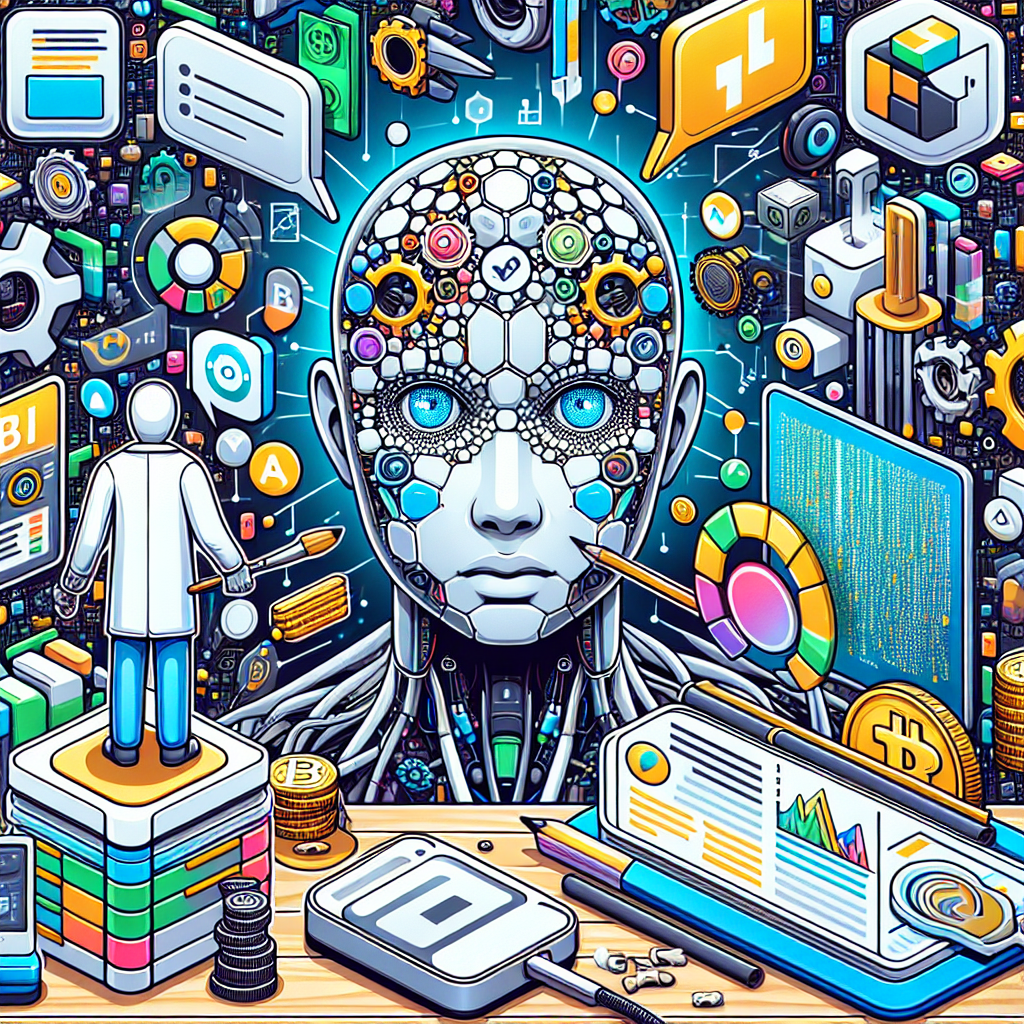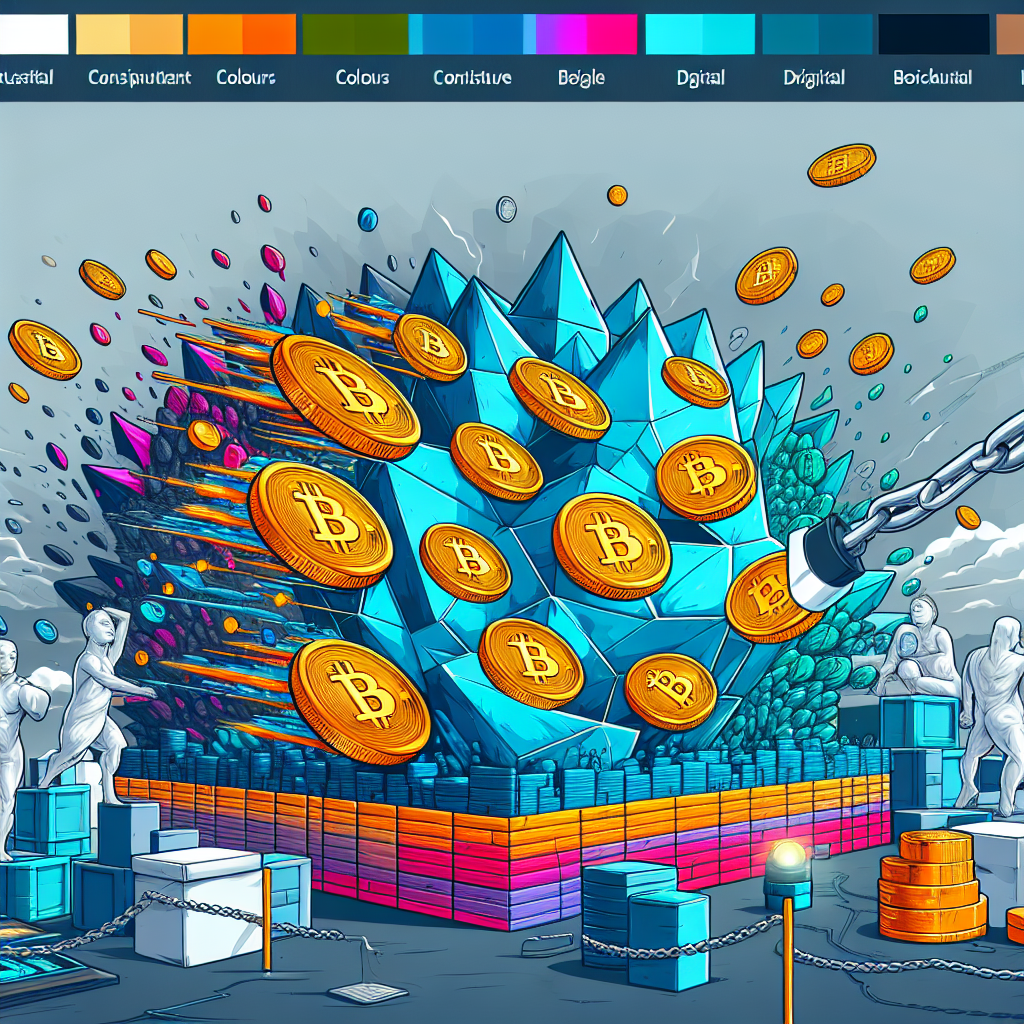A renowned developer for Ethereum has opted to leave the platform, citing concerns over AI superiority. This signals the need for more robust policy on AI deployment and impact in the blockchain sector.
Virgil Griffith, a prominent Ethereum developer, has decided to part ways with the blockchain-based platform over concerns regarding artificial intelligence (AI) leadership. Having expressed his discomfort with AI’s potential dominance in decision-making processes, Griffith’s departure highlights the escalating concerns about the impact of AI in decentralized networks such as Ethereum.
Virgil Griffith’s Concerns
Griffith revealed that his decision to leave is rooted in his worries about the potential for AI to gain an upper hand in important decision-making processes. Primarily, he expressed concerns that AI could overpower human judgment and consequently undermine the principle of decentralization, which is a cornerstone of blockchain technology.
He fears that unchecked advances in AI could allow centralized entities to manipulate decentralized platforms like Ethereum. Such a scenario could lead developers and users to become mere spectators rather than active participants in the blockchain ecosystem.
Griffith’s Contributions to Ethereum
Griffith’s departure from Ethereum is significant given his active contributions to the platform’s development. He was instrumental in various projects on the Ethereum network, including leading the Ethereum Foundation’s special projects division and pioneering the application of blockchain technology in different domains.
Previously, Griffith was involved in controversies due to his interest in blockchain’s potential for promoting political and economic freedom. Despite these controversies, Griffith remained dedicated to the Ethereum project until his recent departure.
Blockchain and AI Interplay
The convergence of blockchain technology and AI poses opportunities and challenges alike. On the one hand, integrating AI into blockchain networks can offer improved scalability, efficiency, and automation. On the other hand, the growing influence of AI raises concerns about the centralization of power and the potential for manipulation.
As AI models become increasingly sophisticated, the integration of AI into blockchain networks could lead to a shift in power dynamics. Despite the concerns, the merger of these two transformative technologies also has the potential to revolutionize industries by creating new, innovative solutions.
The Need for Policy Intervention
As developers like Griffith express their unease about the impact of AI on blockchain networks, it underscores the urgency for developing robust policies around AI integration and deployment. Establishing clear rules and regulations can help ensure that AI’s role in blockchain networks is beneficial rather than detrimental.
Regulation of AI in blockchain technology will be crucial to prevent potential manipulation of decentralized networks. The establishment of such rules will likely involve the collaboration of several stakeholders, including AI developers, blockchain developers, policy makers, and users.
The Future of Blockchain and AI
Despite the concerns, the integration of AI with blockchain technology is likely to continue due to the numerous benefits. These include enhanced scalability, better decision-making capabilities, and increased automation. However, the fears expressed by Griffith serve as an important reminder of the need for checks and balances to ensure that AI does not undermine the core principles of blockchain technology.
As the blockchain and AI spheres continue to evolve, it will be crucial to ensure that the use of AI is balanced with the need for human judgment and oversight. Only through such a balanced approach can the potential benefits of these technologies be fully realized while minimizing potential pitfalls.






